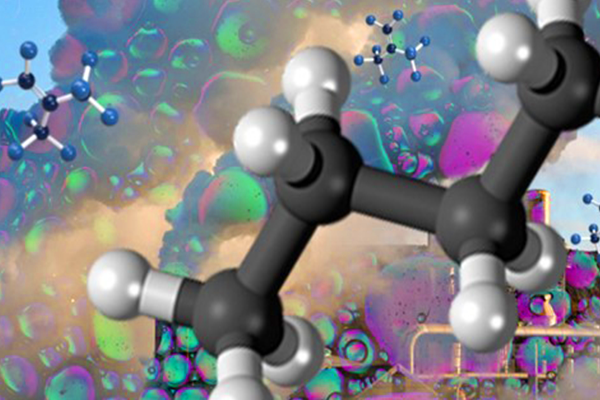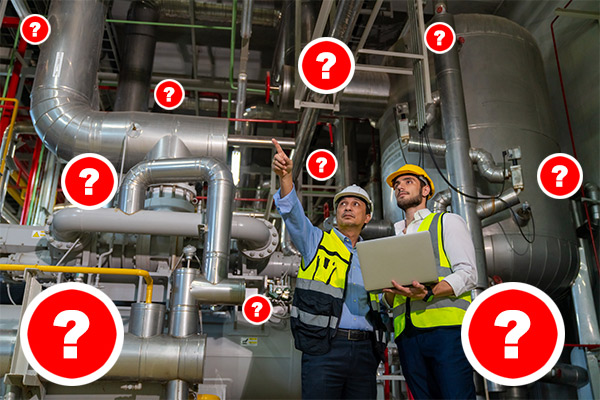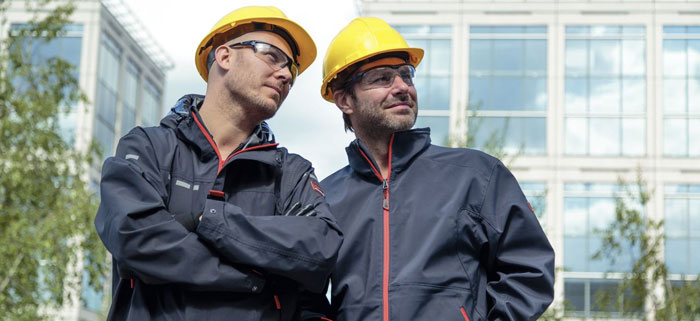Confined Spaces
Working in a confined space environment can pose a number of risks to a worker, but these are greatly reduced by following the advice given in our posts. Ensuring a worker is equipped with the correct confined space gear and is provided with substantial training can greatly decrease the risks associated. Find out more in our handy blog posts below, full of tips on how to how to keep your workers safe.
If you have any questions relating to our products or services, don’t hesitate to contact our dedicated sale staff on 0845 3300 447 or email our team at [email protected].

01/02/2024
CO2 in the cellar: Gas detection in pubs and bars
Posted by Rhys Redrup
Are you aware of how vital it is to monitor carbon dioxide (CO2) levels? In short, carbon dioxide is what makes drinks fizzy, through the process of carbonation. Carbonation is the dissolution of carbon dioxide in a liquid; when the gas rises from a release of pressure, such as opening a bottle. Pubs and bars...
Read


17/10/2023
SCBA Lifesaving Equipment for your Team’s Safety
Posted by Rhys Redrup
SCBA lifesaving equipment: Discover how to select the best self-contained breathing apparatus for your team's safety. Learn about key features, applications, and factors to consider when choosing this critical protective gear. SCBA: Choosing the Best Lifesaving Equipment for Your Team Firstly, a SCBA set is a Self-Contained Breathing Apparatus that provides the wearer with air...
Read


07/09/2023
PID Detection in the Petrochemical Industry
Posted by Rhys Redrup
PID (or “photoionization detector”. ) detection uses ultraviolet light to ionize VOC molecules in order to measure a resulting electric current. This simple method allows PIDs to detect VOCs at ultra-low levels, from parts per billion (ppb) to parts per million (ppm). Most industry insiders know that volatile organic compounds (VOCs) evaporate rapidly when emitted...
Read


25/08/2023
Positioning Sensors for Fixed Gas Detection
Posted by Rhys Redrup
Fixed gas detection systems are used to detect the presence of hazardous gases in a variety of settings, including - Medical and industrial facilities. Commercial buildings. Swimming pools. Saunas. Academic facilities. The sensors in these fixed systems operate continuously and will trigger an alarm when the concentration of certain gases reaches a dangerous level. The...
Read






